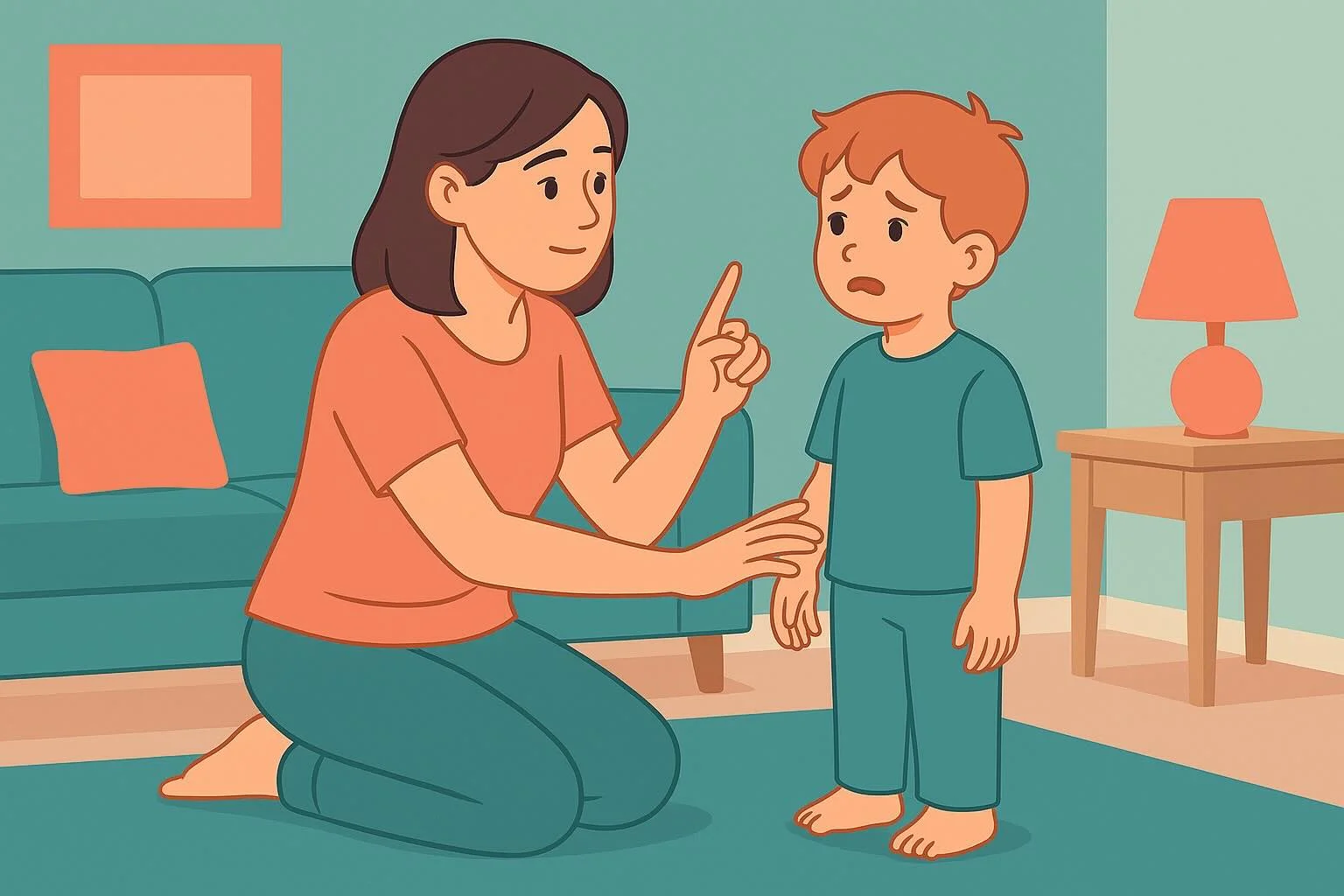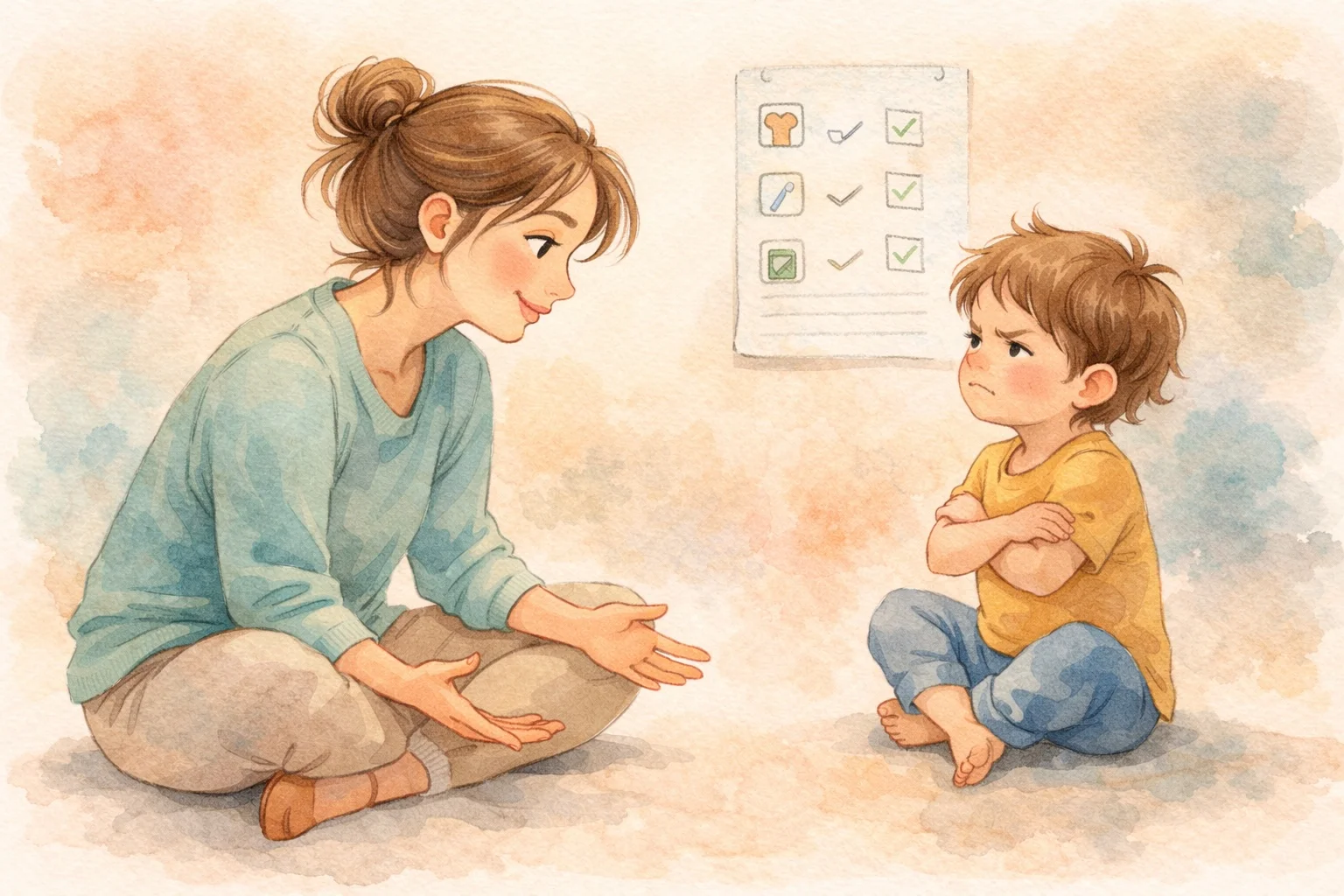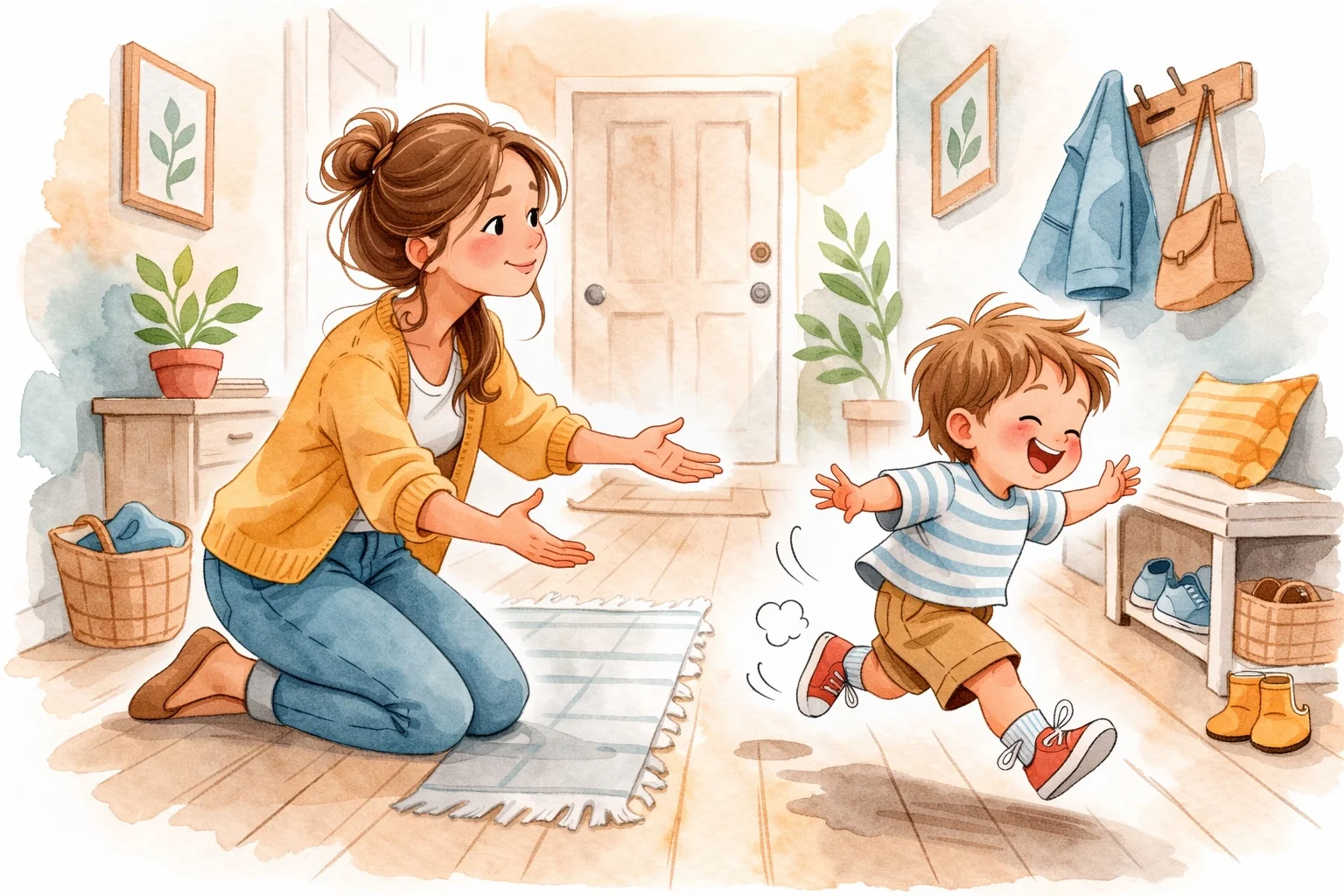Toddler Biting: Why It Happens and How to Stop It (Complete Guide)
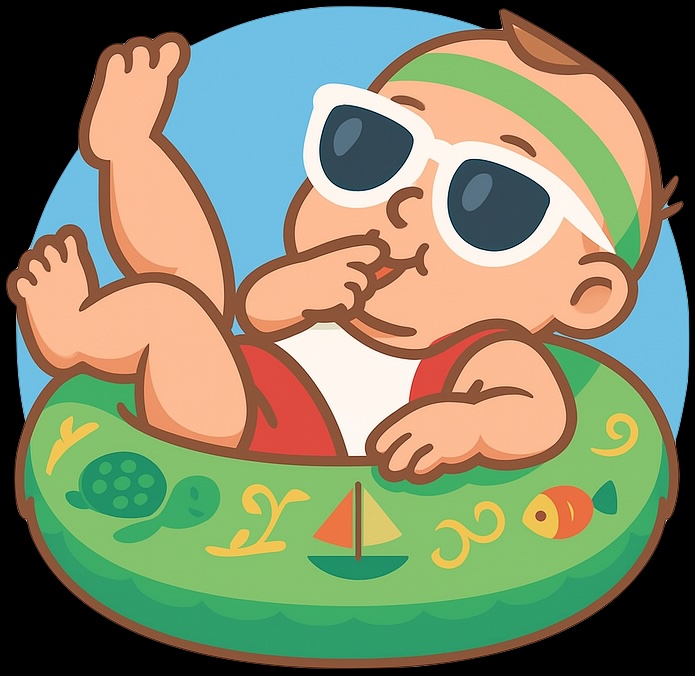
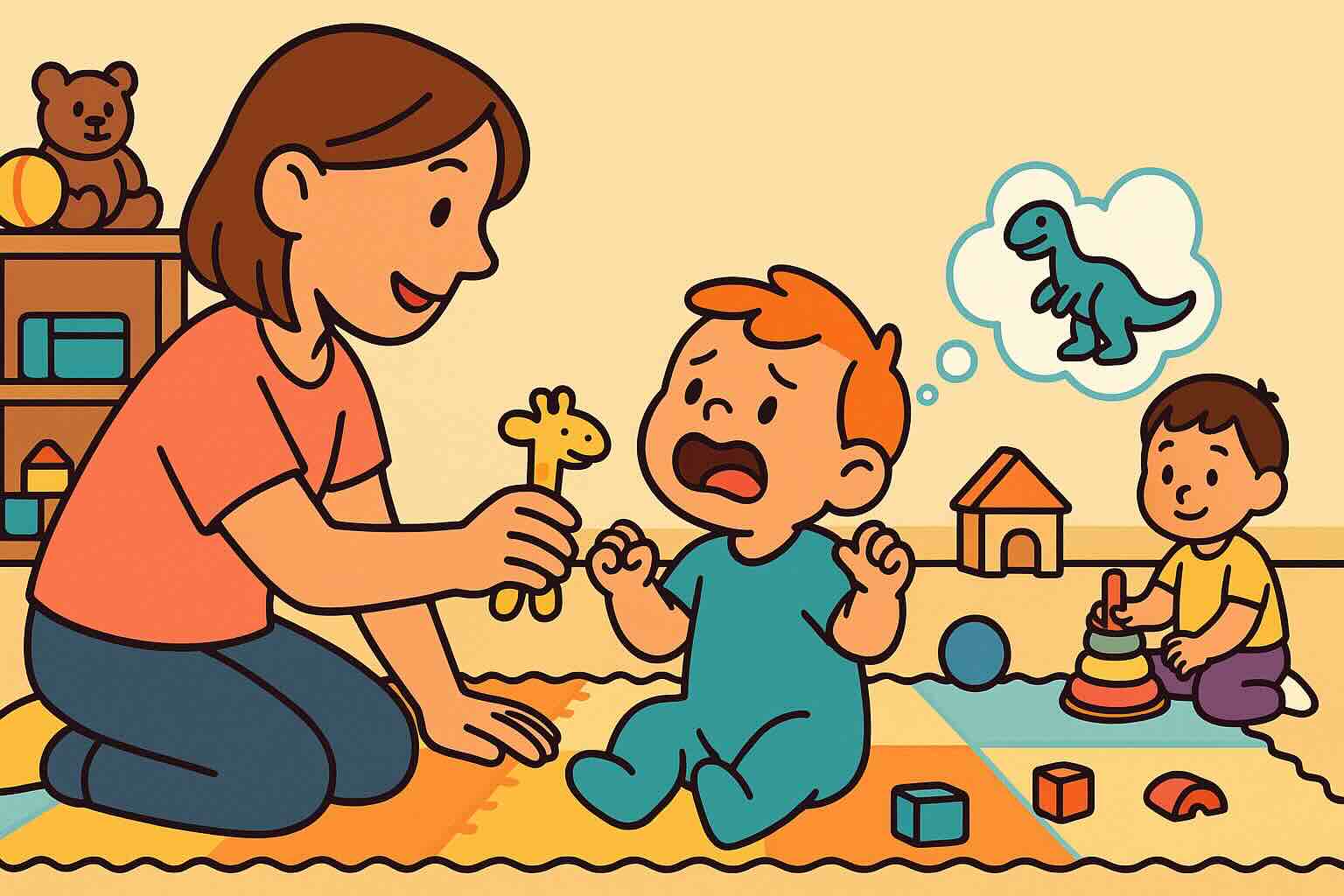
Nothing prepares you for the moment your sweet toddler turns into a tiny vampire at playgroup. One second they're playing peacefully, the next you're apologizing profusely to another parent while examining tiny teeth marks on their child's arm. The shame, embarrassment, and worry hit all at once: Is my child aggressive? Am I raising a bully? Will they get kicked out of daycare?
Take a deep breath. Biting is shockingly common in toddlers—studies show that half of all children in daycare settings bite at least once. Your child isn't destined for a life of aggression, and you haven't failed as a parent. Understanding why toddlers bite and having the right response strategies can transform this challenging phase into an opportunity for growth and learning.
The Surprising Science Behind Toddler Biting
What's Happening in Their Brain
When your toddler bites, their primitive brain has taken complete control. At 18 months to 3 years, the prefrontal cortex—responsible for impulse control and reasoning—is barely developed. In moments of strong emotion, your toddler's brain literally cannot:
- Stop the impulse once it starts
- Use words to express feelings
- Consider consequences of their actions
- Empathize with others' pain
- Problem-solve alternative solutions
They're not choosing to be aggressive—they're having a neurological short-circuit where biting feels like the only option.
The Five Types of Biting (And Why Each Happens)
1. Exploratory Biting (12-18 months) Your baby/young toddler is literally learning about the world through their mouth:
- Testing textures and reactions
- Using their most developed sense
- Not understanding cause and effect
- Purely experimental, not aggressive
2. Frustration Biting (18-30 months) The most common type when toddlers can't express big feelings:
- "That's MINE!" (but can't say it)
- "I'm ANGRY!" (but don't have words)
- "Go AWAY!" (but can't communicate)
- "I want THAT!" (but can't negotiate)
3. Attention-Seeking Biting (2-3 years) When toddlers need connection or reaction:
- Feeling ignored or invisible
- Competing with siblings
- Needing immediate response
- Testing adult reactions
4. Overwhelm Biting (18 months-3 years) When sensory or social situations become too much:
- Overstimulated by noise/activity
- Too many children nearby
- Tired or hungry
- Anxious or scared
5. Power/Control Biting (2.5-4 years) Attempting to control their environment:
- Protecting possessions
- Establishing dominance
- Getting immediate results
- Expressing independence
When biting becomes a power struggle, understanding positive discipline strategies helps address the root need for control while setting clear boundaries.
The Immediate Response: Your First 30 Seconds Matter
The STOP Protocol (Use Immediately)
S - Separate
- Remove biter from situation immediately
- Create physical space between children
- Stay calm but move quickly
T - Tend
- First: Comfort the bitten child
- Show concern for the victim
- This teaches empathy through modeling
O - Object
- Firm, simple message: "No biting. Biting hurts."
- Serious face and voice (not angry, but firm)
- Eye level, full attention
P - Prevent
- Stay close to prevent repeat biting
- Redirect to different activity
- Watch for trigger signs
The Critical Don'ts
Never Do This:
- Bite back "to show how it feels"
- Laugh or smile (even nervously)
- Give lengthy explanations in the moment
- Force immediate apology
- Shame or label ("bad kid")
- Give what they wanted through biting
Why These Backfire: Each response either reinforces biting, shames without teaching, or overwhelms their processing capacity.
Age-Specific Strategies That Work
For Young Toddlers (12-24 months)
Prevention Focus:
- Provide multiple teething toys
- Offer crunchy snacks regularly
- Create calm environment
- Watch for tired/hungry signs
- Minimize overwhelming situations
Response Scripts:
- "Ouch! No biting. Biting hurts."
- "Teeth are for food, not friends."
- "We use gentle touches."
Replacement Behaviors:
- Teach sign language for "want," "help," "mine"
- Offer teething toys when upset
- Model gentle touches constantly
- Celebrate communication attempts
For Older Toddlers (2-3 years)
Prevention Focus:
- Teach feeling words actively
- Practice turn-taking games
- Create personal space bubbles
- Identify individual triggers
- Build language skills daily
Response Scripts:
- "You were angry. Biting is not okay. Use words."
- "I see you wanted the truck. Biting doesn't get trucks."
- "Your teeth hurt friends. Let's find better ways."
Skill-Building Activities:
- Role-play with puppets/stuffed animals
- Practice "mad words" (No! Stop! Mine!)
- Create "feeling faces" chart
- Read books about emotions
- Practice calming breaths
Since communication frustration often leads to biting, strategies from our whining prevention guide can help children express needs more effectively before reaching the biting point.
For Preschoolers Who Still Bite (3-4 years)
Intensive Intervention:
- Identify specific triggers through tracking
- Create personalized prevention plan
- Build emotional vocabulary intensively
- Practice problem-solving daily
- Consider developmental evaluation
Advanced Strategies:
- "Bite urge" signal system
- Designated calm-down space
- Social stories about not biting
- Peer interaction practice
- Professional support if needed
The Prevention Plan: Stopping Bites Before They Start
Environmental Modifications
Reduce Triggers:
- Limit group size during play
- Provide duplicate popular toys
- Create defined personal spaces
- Reduce overstimulating activities
- Ensure adequate snacks/rest
Add Supports:
- Visual schedule for transitions
- Quiet corner for breaks
- Sensory tools (chewelry, fidgets)
- Extra supervision during triggers
- Clear, consistent routines
The Daily Bite Prevention Routine
Morning:
- Full breakfast (hungry kids bite more)
- Review "gentle touches" rule
- Practice feeling words
- Provide chewy snack
Challenging Times:
- Extra supervision during transitions
- Proactive comfort during triggers
- Immediate redirection when frustrated
- Praise for using words
Evening:
- Early dinner (prevent hangry biting)
- Calm bedtime routine
- Adequate sleep (overtired = more biting)
- Celebrate bite-free moments
Exhaustion is a major biting trigger. Our healthy sleep habits guide helps establish routines that prevent overtired meltdowns and reduce aggressive behaviors.
Teaching Communication Alternatives
Instead of Biting, Teach:
For Non-Verbal Toddlers:
- Sign language: "Help," "Please," "Mine," "Stop"
- Point and grunt acceptance
- Stomp feet for anger
- Hug self when overwhelmed
- Raise hand for attention
For Verbal Toddlers:
- "I'm MAD!"
- "That's MINE!"
- "I need SPACE!"
- "HELP ME!"
- "I don't LIKE that!"
Practice Method:
- Teach during calm moments
- Role-play frustrating scenarios
- Prompt in real situations
- Celebrate any attempt
- Gradually reduce prompting
When Biting Happens at Daycare/School
The Daycare Partnership Plan
Immediate Actions:
- Don't panic or feel defensive
- Thank teachers for communication
- Ask for detailed incident report
- Share successful home strategies
- Create consistent response plan
Key Questions for Teachers:
- What happened right before?
- What time of day?
- Who was involved?
- What was child trying to accomplish?
- How did you respond?
Collaborative Strategies:
- Shadow schedule for high-risk times
- Consistent language across settings
- Daily communication log
- Trigger pattern tracking
- Weekly strategy meetings
For more support with daycare challenges, our social challenges guide helps with peer interaction skills.
Natural Consequences That Teach
Age-Appropriate Consequences
12-24 Months:
- Immediate removal from fun activity
- Brief, calm separation
- Attention goes to victim
- Toy takes a break if bitten over it
2-3 Years:
- Play stops when biting happens
- Help care for hurt friend (get ice)
- Loss of disputed item
- Miss next turn in game
- Practice gentle touches
3-4 Years:
- Make amends (draw picture, help friend)
- Temporary loss of group play
- Create "keeping friends safe" plan
- Practice scenario differently
- Parent shadow at playdate
Remember: Consequences teach, not punish
Building Empathy to Reduce Biting
Week-by-Week Empathy Program
Week 1: Emotion Recognition
- Name your feelings aloud
- Point out others' emotions
- Read emotion-focused books
- Make feeling faces together
Week 2: Cause and Effect
- "When you bite, friend cries"
- "When you hug, friend smiles"
- Connect actions to feelings
- Celebrate kind choices
Week 3: Perspective Taking
- "How does friend feel?"
- Act out both roles
- Use puppets for practice
- Praise empathy moments
Week 4: Making Amends
- Teach genuine apologies
- Practice helping hurt friends
- Do kind things together
- Build caring habits
Tracking Progress: The Bite Reduction Chart
Daily Tracking (Keep for 2 Weeks)
Record:
- Time of bite attempt/bite
- Trigger (what happened before)
- Response (what you did)
- Prevention that worked
- Communication attempts
Look for Patterns:
- Specific times (transitions, before lunch)
- Particular children
- Certain activities
- Environmental factors
- Emotional states
Most families see 50% reduction within 2 weeks of consistent intervention.
When to Seek Professional Help
Consult Your Pediatrician If:
Frequency/Severity:
- Biting multiple times daily
- Breaking skin regularly
- Biting continues past age 4
- Biting without clear triggers
Additional Concerns:
- Speech delays present
- Other aggressive behaviors
- Sensory processing issues
- No remorse after biting
- Self-biting frequently
Social Impact:
- Excluded from daycare/activities
- No peer relationships forming
- Siblings fearful
- Family stress extreme
Early intervention makes a huge difference in outcomes.
Success Stories from Real Parents
Lisa's Language Breakthrough
"My 2-year-old was biting daily at daycare. We taught three signs: 'help,' 'mine,' and 'stop.' Within a week, biting reduced by 80%. He finally had tools besides teeth!"
James's Prevention Plan
"We identified our son bit when kids got too close. Created a 'bubble space' with hula hoop for visual boundary. Teachers helped maintain space during group time. Biting stopped completely in two weeks."
Maria's Morning Solution
"Realized my daughter bit more when rushed. Started waking 20 minutes earlier for calm mornings with full breakfast. Haven't had a bite incident in a month."
Your 14-Day Bite Elimination Plan
Days 1-3: Observe and Understand
- Track all biting/near-biting
- Identify top 3 triggers
- Notice time patterns
- Assess current responses
Days 4-7: Implement Prevention
- Modify environment for triggers
- Teach one alternative communication
- Increase supervision during risk times
- Practice gentle touches
Days 8-11: Strengthen Skills
- Add second communication tool
- Role-play frustrating scenarios
- Build empathy through books
- Celebrate every success
Days 12-14: Consistency and Adjustment
- Maintain all strategies
- Adjust based on what works
- Share successes with daycare
- Plan for challenging situations
The Light at the End of the Tunnel
Biting is a phase, not a personality trait. With consistent intervention, most toddlers stop biting by age 3, and nearly all by age 4. The skills you're teaching now—communication, empathy, self-control—will serve your child throughout life.
Every time you respond calmly to biting, you're teaching emotional regulation. Every word you help them learn reduces their need to bite. Every gentle touch practiced builds new neural pathways.
Your Next Steps
Don't try to implement everything at once. Start with:
- Today: Choose your response script for next bite
- Tomorrow: Begin tracking triggers
- This Week: Teach one communication alternative
- This Month: Partner with caregivers for consistency
For age-specific behavior guidance, explore our toddler tantrums complete guide for managing the big emotions that often lead to biting.
If biting is part of broader behavioral challenges, our child hitting others guide provides comprehensive strategies for aggressive behaviors.
Remember: Your toddler needs your patience more than your perfection. With understanding, consistency, and the right strategies, the biting will stop—and your relationship will grow stronger through navigating this challenge together.
24/7 AI Parenting Assistant
Get instant, personalized advice with expert-curated parenting knowledge. Chat with your AI coach anytime, anywhere.

Challenging Moments Support
Access step-by-step parenting strategies, quick tips, and age-specific guidance for difficult situations when you need it most.
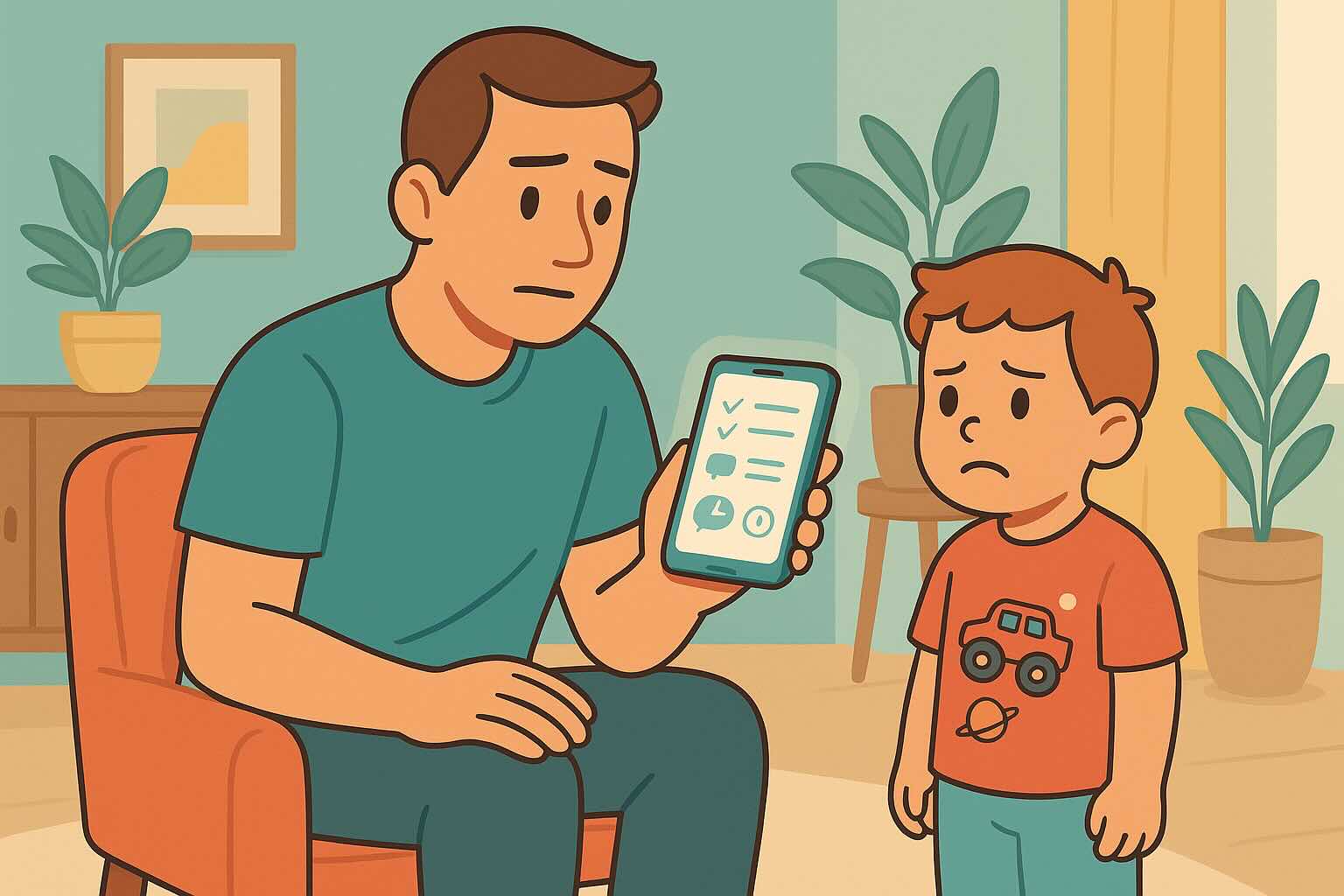
Boundary Setting Scripts
Set firm, loving boundaries without punishment using evidence-based scripts and strategies that build cooperation and respect.
Frequently Asked Questions
Need personalized support?
RootWise's AI coach can provide tailored strategies for your specific situation, available 24/7 when you need it most.
Learn More About AI Coaching →